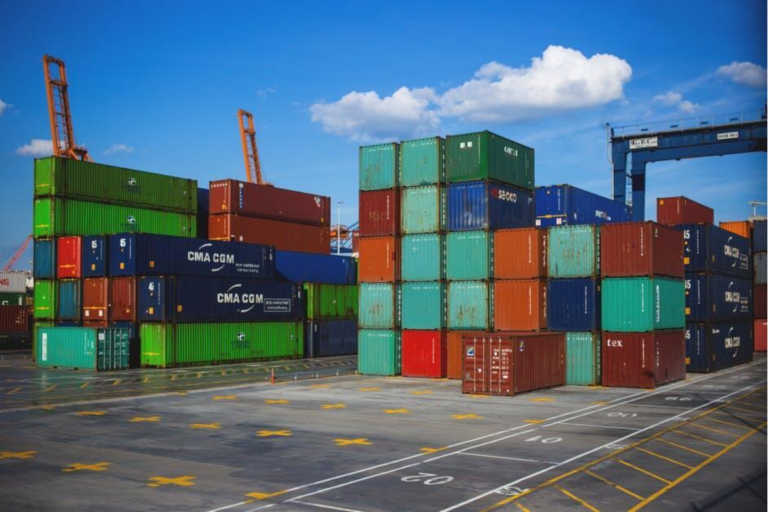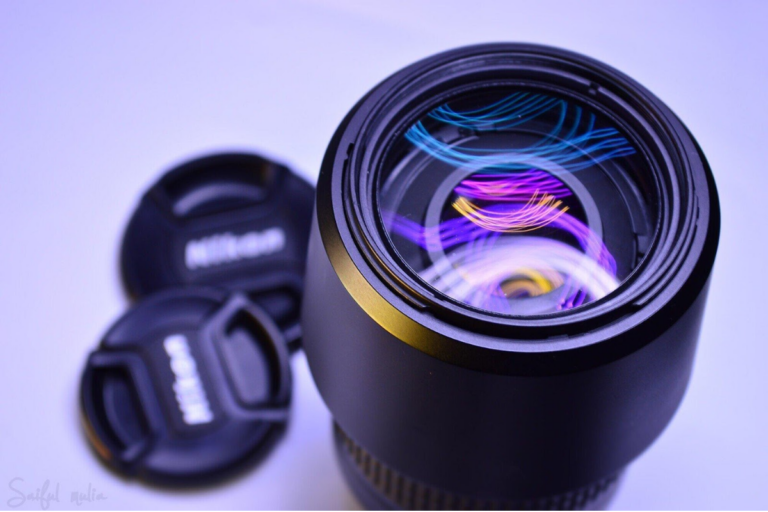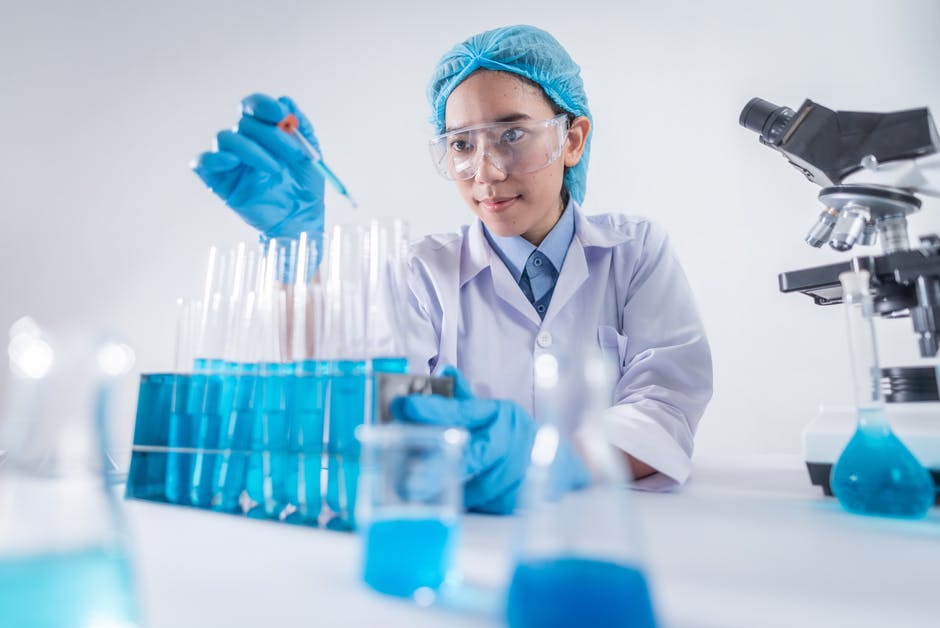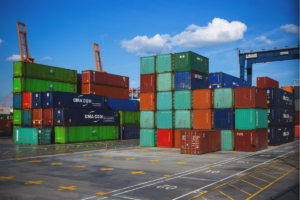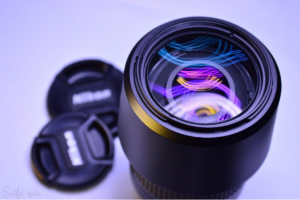Are you involved in the manufacturing of food, pharmaceuticals, or dietary supplements? Do some of your business processes take place in a lab?
If you answered yes to one or both of these questions, you need to meet CGMPS and GLPS compliance. This ensures that your operations are safe, legal, and successful. Keep reading to make sure you understand both Guidelines.
Post Contents
CGMPs and GLPs
All labs and manufacturers of food, drinks, supplements, and pharmaceuticals must meet certain standards. The following describes the CGMPs and GLPs regulations.
Current Good Manufacturing Practices (CGMPs)
CGMPs ensure that companies meet U.S. Food and Drug Administration (FDA) standards. The word “current” was recently added to this term. This serves to remind manufacturers to use state-of-the-art systems and technology.
Good laboratory practices (GLPs)
GLPs establish acceptable standards of operations in a laboratory setting. The goal is the maintain safety and quality results. GLPs are extremely important for pharmaceutical companies.
These GLPs carry the weight and force of law. Following these quality assurance measures ensure consistent, high-quality products. It also generates valid data when testing chemicals and prevents fraudulent practices.
Basic Knowledge of CGMPs
CGMPs includes several checks and balances during manufacturing. FDA rules address the design, monitoring, and control of each aspect of the process. They apply to production protocols as well as the facility itself.
The overall goal is to decrease waste and protect businesses and consumers from harm.
CGMPs Regulations for Dietary Supplements
The Federal Register Title 21 (21 CFR Part III) created the final rules for CGMPs. This rule applies to companies that make, package, hold, or label dietary supplements. They must meet all regulatory specifications.
CGMPs compliance means that manufacturers:
- Develop and document their quality management processes
- Use only high-quality raw materials
- Create and follow standard operating procedures
- Ensure that detailed documentation of all policies and procedures
- Conduct quality review to identify and correct problems
Title 21 CFR was first released in June 2006. Updates and further guidance was completed in 2010.
COVID Considerations with Drugs and Biologics CGMPs
The COVID-19 pandemic has led to further CGMPs guidelines being released in June 2020. They address employees working with drugs and biological products. Companies must now closely monitor employees to reduce the risk of SARS-CoV-2 contamination.
Employees may inadvertently introduce pathogens to the products they’re manufacturing. This can happen via cuts, sneezing, dirty hands, or clothes. Working while sick with an infection can also contaminate the product.
CGMPs outline worker’s responsibilities related to maintaining a clean environment. It gives guidelines for excluding employees from participating in the production process. These details describe, for example, specific handwashing and uniform-changing rules.
Other environmental risks may relate to problems with the facility. This could include corroded, dirty, or defective equipment. Other examples are poor ventilation, building leaks, pest, and contaminated water.
Is Staying on the Cutting Edge of Business News Important to You?
This article describes key aspects of the CGMPs and GLPs rules and regulations. If information like this is valuable for you, our site has what you’re looking for.
We’re continuously adding new content for business-savvy readers. You’ll find topics addressing business, finance, technology, applied science, and recruitment. We also provide information about lifestyle and marketing.
Bookmark our site today and check back often for the latest, cutting edge news.





